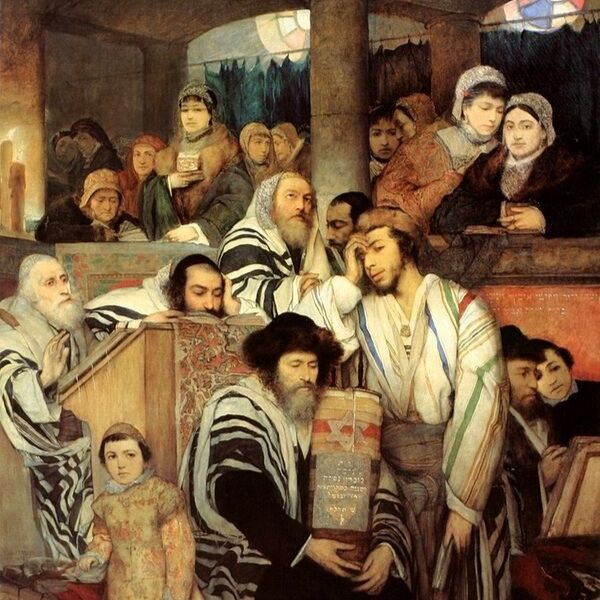Helen Plotkin
Tablet, Sept. 3, 2013
“For 10 days we live with excruciating awareness of the fact that our stories will include suffering, without any promise that we will be comforted. On Yom Kippur we give ourselves over completely to this truth.”
On the High Holidays, we read a poem known by its first two words in Hebrew: Unetaneh Tokef—Let Us Cede Power. It was written about a thousand years ago by an unknown author in Northern Europe. Whether one comes to synagogue in order to hear it, or stays away in order not to, the poem epitomizes the High Holiday prayer services for many contemporary Jews. In particular, this compelling and troubling passage from the middle of the poem looms large:
On Rosh Hashanah it is written, and on Yom Kippur it is sealed.
How many will pass and how many will be created?
Who will live and who will die?
Who in their time, and who not their time?
Who by fire and who by water?
Who by sword and who by beast?
Who by hunger and who by thirst?
Who by earthquake and who by drowning?
Who by strangling and who by stoning?
Who will rest and who will wander?
Who will be safe and who will be torn?
Who will be calm and who will be tormented?
Who will become poor and who will get rich?
Who will be made humble and who will be raised up?
But teshuvah and tefillah and tzedakah (return and prayer and righteous acts)
deflect the evil of the decree. … [To read the full article, click here]


